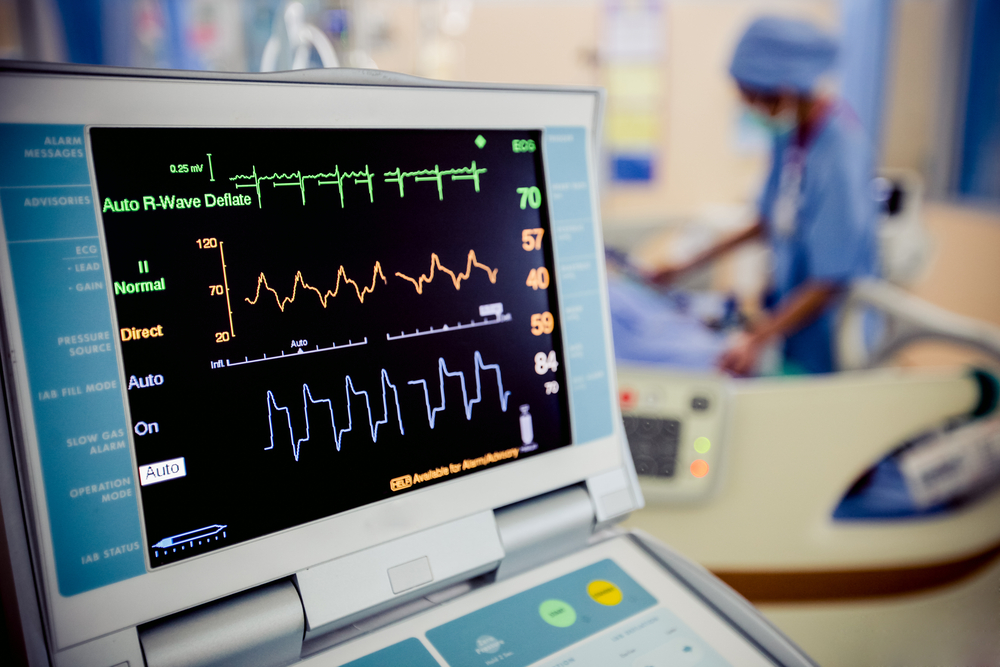All You Need To Know About Normal Heart Rate
All you need to know about normal heart rate
The heart is one of the most important organs in the human body. Any discrepancy in its functioning can cause serious consequences, sometimes even resulting in death. Monitoring the functioning of the heart is advisable in order to catch early symptoms of an impending disease. The heart rate is one such information that tells a lot about the functioning of the heart. A normal heart rate chart is created to understand the heart’s functioning. It is used as a benchmark to identify health issues in a person. The speed of the heartbeat changes due to activities like physical exercise, safety threat, emotional stability etc.

Everyone must have a basic knowledge of the normal heart rate chart. Below are a few details about the same:
What is a heart rate?
Located in the center of the chest, the heart pumps blood containing oxygen to the entire human body. A heart rate is the number of times the heart beats in a minute.
What is a normal heart rate?
It is important that the human heart rate lies in the normal range. If there is an injury or a disease, then the heart rate tends to change which indicates an abnormality in the human body. Generally, the heart rate decreases as the person grows older. The normal heart rate chart age tells us about the right heartbeat ranges. Below are the heartbeat ranges based on age:
- Up to 1 month: 70 to 90 bpm
- From 1 to 11 months: 80 to 160 bpm
- From 1 to 2 years: 80 to 130 bpm
- From 3 to 4 years: 80 to 120 bpm
- From 5 to 6 years: 75 to 115 bpm
- From 7 to 9 years: 70 to 110 bpm
- Over 10 years: 60 to 100 bpm
These are the normal heart rates in the resting period. It varies when a person does any physical activity, has a fever or any other medical condition.
How to measure the heart rate?
The places where you can measure your heart rate, according to AHA are:
- Wrists
- Side of the neck
- Inside of the elbow
- Top of the foot
To get an accurate reading put your pointer and middle finger on these spots and count the beats in 60 seconds. You can also count the beats for 20 seconds and multiply by 3 to get per minute beat rate.
What is an abnormal heart rhythm?
After speed of the heart, rhythm is another important factor to check. The heart should have a steady rhythm and there should be a gap between the beats. An abnormal heart rhythm can indicate a medical condition. There are different types of abnormal heart rhythms. The most common abnormality is called atrial fibrillation or arrhythmia where the heartbeat has an erratic pattern. The slow heartbeat rhythms are called bradycardias and the faster rhythms are called tachycardia.
How to maintain a normal heart rate?
For maintaining good cardiac health, a healthy heartbeat is extremely vital. This can be done by:
- Reducing stress: Stress can increase the blood pressure and the heart rate. Yoga, meditation, deep breathing are some ways to reduce stress.
- Avoid Tobacco: Smoking is injurious to the heart; hence it should be avoided at any cost.
- Controlling body weight: A high body weight has negative implications on the heart’s functioning, hence try to keep your weight within BMI limits.
- Limited exercise: When you are training to get fit, make sure that you don’t put much strain on your heart and overdo things which is also bad for you. Consult with your trainer before doing the cardio routine in your gym.
Consulting your doctor before taking any kind of medication for your cardiac issues is a must since self diagnosis and medication can cause more harm than good.

